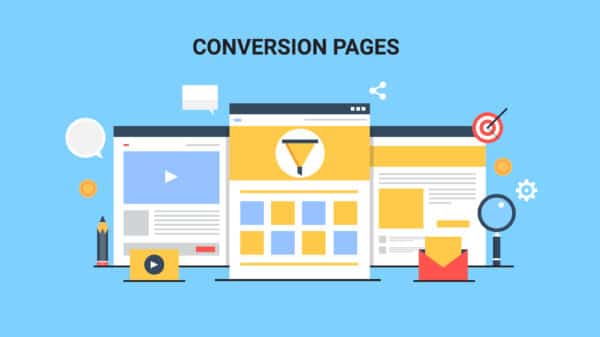Are you struggling to get your pay-per-click (PPC) campaigns off the ground? Do you want to improve your PPC strategy and reach a wider audience? If so, you may want to consider integrating social media into your PPC strategy.
In this article, we’ll explore the benefits of using social media in your PPC campaigns and provide tips on how to do it effectively.
Understanding Social Media and its Role in PPC Strategy
Before we dive into the benefits of using social media in your PPC strategy, let’s first understand what social media is and its role in PPC. Social media is a digital platform that enables individuals and businesses to connect and share information. Social media platforms such as Facebook, Twitter, LinkedIn, and Instagram are used by billions of people worldwide to communicate, share content, and engage with one another.
When it comes to PPC, social media plays a vital role in helping businesses reach their target audience. Social media platforms allow businesses to create highly targeted advertising campaigns that are tailored to their audience’s interests and preferences. By leveraging social media, businesses can increase brand awareness, generate more leads, and drive sales.
How Social Media Can Help with Your PPC Strategy
Here are some of the ways social media can help boost your PPC strategy:
Building brand awareness through social media advertising: Social media platforms allow businesses to reach a wider audience and build brand awareness. By creating eye-catching advertisements and targeting specific demographics, businesses can increase their visibility and attract potential customers.
Creating targeted advertising campaigns: One of the biggest advantages of social media advertising is its ability to target specific demographics. Social media platforms allow businesses to create highly targeted advertising campaigns that are tailored to their audience’s interests and preferences. This means that businesses can reach their ideal customers and increase their chances of conversion.
Leveraging social media analytics for PPC strategy optimization: Social media platforms provide businesses with valuable insights into their audience’s behavior and preferences. By analyzing this data, businesses can optimize their PPC strategy and create more effective advertising campaigns.
Enhancing landing page experience with social media: Social media platforms can be used to enhance the landing page experience for potential customers. By providing links to landing pages in their social media posts, businesses can increase traffic to their website and improve their chances of conversion.
Best Practices for Integrating Social Media into PPC Strategy
To effectively integrate social media into your PPC strategy, here are some best practices to follow:
Define your goals and objectives: Before launching any PPC campaign, it’s essential to define your goals and objectives. What do you want to achieve with your campaign, and how will you measure success?
Identify your target audience: Understanding your target audience is crucial to creating effective PPC campaigns. By identifying your ideal customer, you can tailor your campaigns to their interests and preferences.
Choose the right social media platform: Different social media platforms attract different audiences. Before launching a campaign, research which platform is best suited for your business.
Create high-quality content: To stand out on social media, businesses need to create high-quality content that resonates with their audience. This could be in the form of images, videos, or written content.
Set a budget and monitor performance: It’s important to set a budget for your PPC campaign and monitor its performance regularly. By tracking your campaign’s progress, you can make adjustments and optimize its performance over time.
Potential Challenges and Limitations
While there are many benefits to integrating social media into your PPC strategy, there are also some potential challenges and limitations to consider. These include:
Increased competition: As more businesses use social media for advertising, competition for ad space and attention can become more intense.
Ad fatigue: Social media users can become overwhelmed by the amount of advertising they see on their feeds, which can lead to ad fatigue and decreased engagement.
Cost: While social media advertising can be cost-effective, it can also be expensive, especially for businesses with smaller budgets.
Limited targeting options: While social media platforms provide many targeting options, they may not be as detailed as other advertising platforms such as Google Ads.
Conclusion
Integrating social media into your PPC strategy can help businesses reach a wider audience, build brand awareness, and drive sales. To effectively use social media in your PPC campaigns, it’s important to define your goals, identify your target audience, choose the right platform, create high-quality content, and monitor performance regularly. While there are some challenges and limitations to consider, businesses that use social media effectively can achieve significant success and growth.












